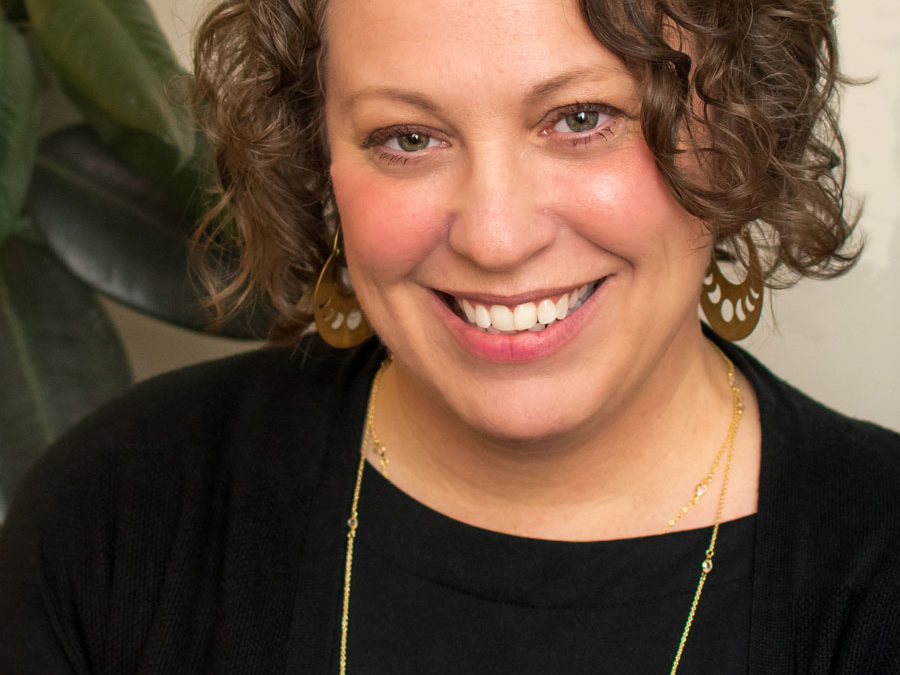Familial relationships are typically regarded among the closest and most meaningful in our lives. At the same time, they contain inherently complicated, complex ways of relating and emotional coping that often extend not only through our lifetimes, but across generations. In our families of origin, we learn to relate to ourselves, each other, and the world; and the patterns we develop there tend to stick around, even becoming expressed in future generations.
A common misconception is that healthy and effective families experience little or no conflict, while in actuality, there may in fact be quite a lot of it. The presence of relational struggle within families is unavoidable and natural and can even be viewed as helpful for bringing awareness to areas needing to be addressed and improved upon. Differences in personality traits and environmentally learned patterns in all of us can create barriers for seeing, hearing, and understanding one another. An important predictor for successful families it is not whether there is conflict, rather it lies in the family’s ability to identify and manage conflict in healthy ways when it does.
Perhaps the majority of people see the need for family therapy as arising from crises such as a separation or divorce, the death of a family member, addiction, or abuse. While families dealing with these kinds of circumstances do frequently seek and benefit from family therapy, there are a great number of families who turn to it with a desire to improve communication and to learn to relate to one another in healthier and more connected ways.
Current stress levels are high in many families, particularly in the current state of the world, and families in the community are doing their very best to balance their time and emotional responses. Distancing from friends and extended family, navigating learning and working from home, finding and keeping work, and so many more challenges understandably lead to reacting rather than responding thoughtfully to one another throughout the day. Over time, these interactions can build, contributing to a lower threshold for patience and understanding.
Family therapy can identify and address these areas of disconnection and pain that appear within family systems. Its perspective aims to treat not only individual mental health symptoms and diagnoses, but individuals and families within the context of their relationships and environments. Families receive guidance on how to communicate their thoughts, feelings, and needs in clear and healthy ways in order to increase the chances of being more fully seen and heard by others. Every family member’s feelings and needs are regarded as important. Depending on the established goals, family therapy can focus on and occur with all or parts of families, and can address dynamics for couples, parents, and entire families as a whole, even including extended family.
Family therapists John and Julie Gottman, founders of The Gottman Institute, identify healthy communication habits and patterns in relationships: the use of I statements to express feelings and needs; appreciation for the positive traits in others; accepting others’ perspectives, while acknowledging and taking responsibility for one’s own wrongdoing; and learning to calm and self-soothe oneself. Establishing healthy boundaries around these ways of communicating, by identifying what is okay and not okay within the family unit can fundamentally strengthen trust in the relationships, building strong and resilient families and individuals within them. Goals of family therapy can encompass a range of subjects, and create lasting positive change for nuclear and extended families, as well as future generations.
It is important to remember that no families are perfect. When stress runs high and good intentions are lost in harsh or impatient tones, repairing the relationship by acknowledging and accepting responsibility for one’s behavior is critical and impactful. Revisiting the interaction when calm, by seeing and hearing, acknowledging, and accepting responsibility for the feelings involved, can go a long way for repairing the connection. In all families, mistakes and missteps will happen. In healthy and resilient families, those transgressions are seen as human. Remember that there will be conflict and emotions will not always be expressed in gentle and calm ways, but there is value in the repair, the continued work toward improving relational interactions, and building healthy resilient families within our communities.
Written By:
Carrie Niles, MA, LPCC
Individual and Family Therapist
Lakes Center for Youth and Families


Recent Comments